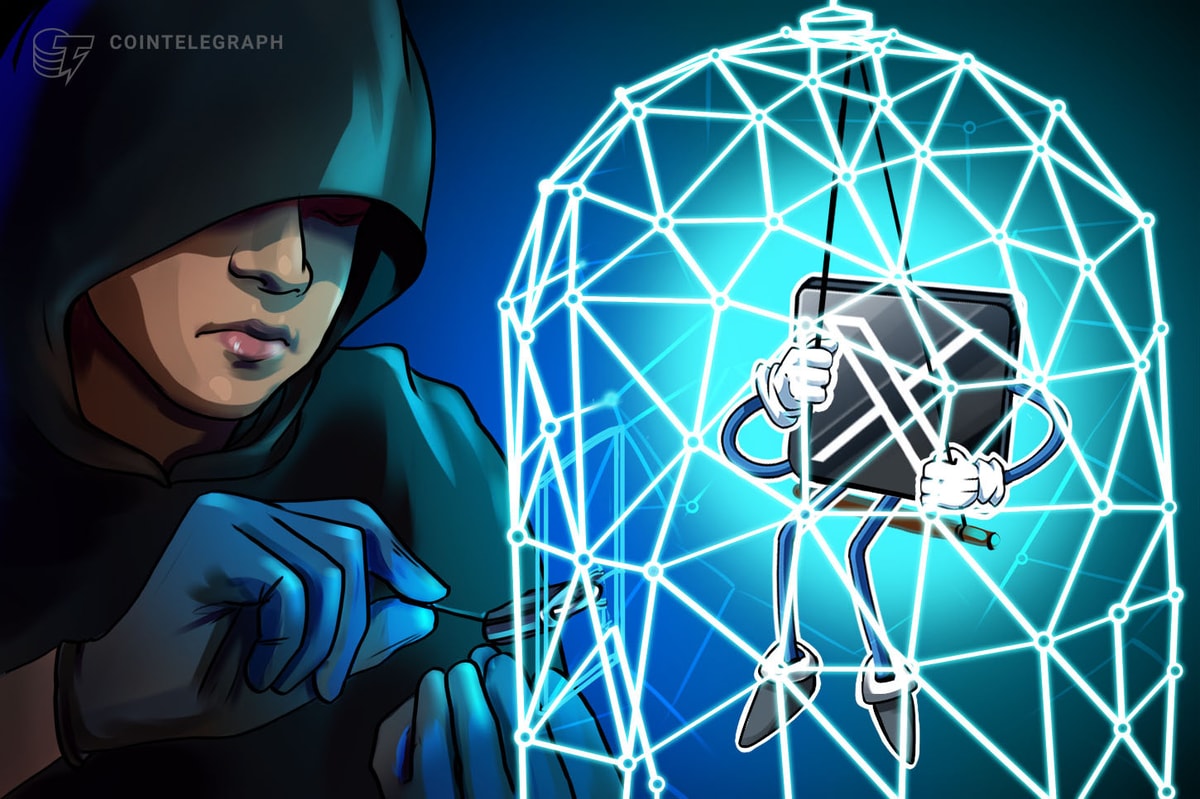Serving tech enthusiasts for over 25 years.
TechSpot means tech analysis and advice you can trust.
What just happened? Another undersea cable in the Baltic Sea has been disrupted. At around 12.26 pm local time on Christmas Day, the Estlink 2 power cable linking Finland and Estonia experienced an outage. Finland said sabotage could not be ruled out as a cause.
Finland's prime minister, Petteri Orpo, said the outage had not affected the country's electricity supplies. However, Reuters reports that the capacity between the countries was reduced from the installed capacity of 1,016 MW to 358 MW.
"The authorities remain vigilant even during Christmas and are investigating the situation," Orpo wrote on X.
Finland prime minister Petteri Orpo
According to Finnish public broadcaster Yle, Estlink 2 was unserviceable for several months earlier this year due to planned maintenance, but the connection was restored in September. Arto Pahkin, Operations Manager of Finnish national electricity transmission operator Fingrid, said the possibility of sabotage cannot be ruled out, adding that an investigation into the matter had been initiated.
Authorities in the Baltic Sea area have been on high alert since two undersea cables – a communications cable between Lithuania and the Swedish island of Gotland, and one between Finland and Germany – were damaged in November.
Tracking sites showed that Chinese bulk carrier Yi Peng 3 had sailed over the cables around the time they were cut. The Wall Street Journal reported that Western intelligence services believe the ship's Chinese captain was "induced by Russian intelligence" to damage the cables using the vessel's anchor.
Earlier this week, Sweden said that China had denied a request for prosecutors to conduct an investigation on the vessel and that it had left the area.
Russia has said that claims it was involved in the sabotage of undersea cables as retaliation against Western nations aiding Ukraine are "absurd" and "laughable."
This month saw the International Telecommunication Union, a UN agency that oversees global communication technologies, announce the formation of the International Advisory Body for Submarine Cable Resilience. As the name suggests, the organization aims to strengthen the resilience of these cables, which carry over 99% of international data exchanges.
NATO is also developing a way of protecting undersea cable sabotage: a fleet of unmanned surface vehicles (USVs) that will patrol high-risk naval zones in regions such as the Baltic and Mediterranean.


/cdn.vox-cdn.com/uploads/chorus_asset/file/25805991/2191410214.jpg)

/cdn.vox-cdn.com/uploads/chorus_asset/file/25806329/Screenshot_2024_12_26_at_5.43.25_PM.jpeg)





 English (US) ·
English (US) ·